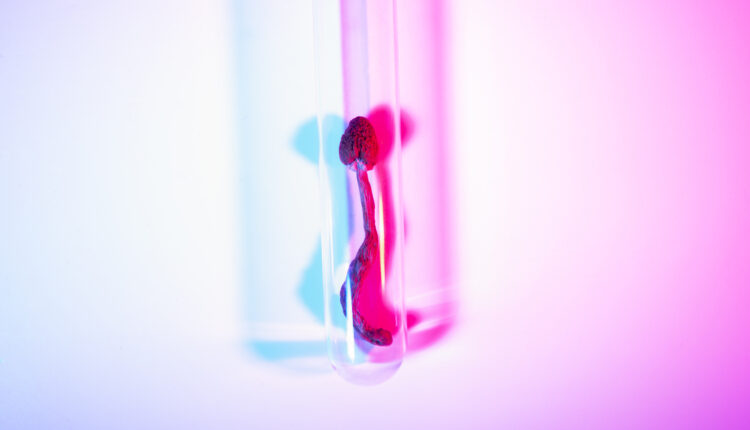
Psilocybin Yields Profound Mental Health Gains, According To New Study
A recent research study has unveiled compelling insights into the effects of psilocybin usage, demonstrating “persistent reductions” in instances of depression, anxiety, and alcohol misuse. The study revealed notable enhancements in emotional regulation, spiritual well-being, and extraversion. It is yet the latest report to uncover the compelling benefits of psilocybin use in conjunction with mental health conditions—at least in a controlled environment.
Conducted by a collaborative team comprising researchers from Johns Hopkins University, Ohio State University, and Unlimited Sciences, this study stands as the most extensive prospective investigation into the naturalistic application of psilocybin to date. The findings provide substantiation for the potential of psilocybin to yield enduring enhancements in mental health and overall well-being.
Published in the journal Frontiers in Psychiatry, this study involved the recruitment of 2,833 adult participants. These individuals underwent a series of surveys both before and after their engagement with psilocybin in a non-clinical context. The collected prospective longitudinal data exhibited consistent reductions in anxiety, depression, and alcohol abuse. Furthermore, it showed marked increases in cognitive flexibility, emotional regulation, spiritual well-being, and extraversion, alongside reductions in neuroticism and burnout subsequent to psilocybin usage.
A predominant motivation for psilocybin consumption, as reported by 81% of respondents, was “self-exploration,” followed by mental health (71%), therapy (48%), creativity (44%), recreation (38%), productivity (22%), and physical health (14%). Nearly three-quarters of participants articulated an intention before embarking on their psilocybin experience.
Approximately 22% of respondents met the criteria for having undergone a “complete mystical experience,” a significant predictor of shifts in multiple longitudinal variables. These included decreases in depression, personal exhaustion, job burnout, anxiety, and augmentation in cognitive flexibility and spiritual well-being.
Prior to the introduction of psilocybin, 42% of participants met criteria for some form of depression. However, in the final follow-up survey, only 15% still met these criteria, showcasing a marked reduction. Furthermore, alcohol-related concerns diminished, with 16% of respondents initially characterized as having “risky” alcohol consumption and 6% meeting the criteria for “probable alcohol dependence.” In the subsequent survey, conducted months post-experience, these percentages decreased to 11% and 4%, respectively.
Anxiety symptoms exhibited a similar decline, as 29% of participants were previously categorized as having a “high-risk anxiety state,” which later reduced to 15% in the latest survey.
The participants also reported a significant increase in extraversion and a corresponding decrease in neuroticism following psilocybin use. Additionally, other behavioral transformations were noted, including improvements in interpersonal relationships, augmented physical activity, enhanced professional performance, and healthier dietary choices. Significantly, 94% of participants perceived their psilocybin experience as beneficial.
Overall, this study represents a longitudinal dataset on the naturalistic use of psilocybin. The findings underscore the perceived safety and comparatively non-toxic nature of psilocybin in contrast to other commonly used substances.



